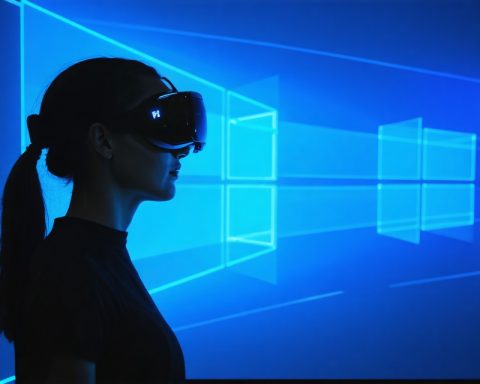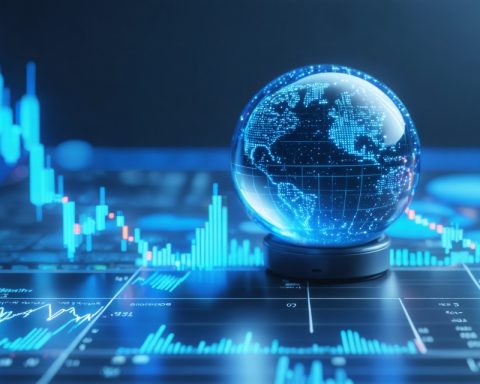OpenAI, a leading name in artificial intelligence, often prompts a pressing question: Is OpenAI open source? The answer is more nuanced than a simple ‘yes’ or ‘no’. While OpenAI initially embraced the ethos of open source, its strategy has evolved over time.
In the early days, OpenAI indeed took a stance favoring open source principles. For example, its early models and research were made accessible to the public. The release of the OpenAI Gym in 2016, a toolkit for developing and comparing reinforcement learning algorithms, exemplifies this initial dedication to open source. Moreover, OpenAI Baselines, a set of high-quality implementations of reinforcement learning algorithms, further showcased this commitment.
However, as OpenAI’s models became more advanced and capable, the organization pivoted. With the development of powerful models like GPT-3, there was a shift. GPT-3 is not open source; instead, OpenAI licenses access through an API. This shift was influenced by concerns over misuse, as more powerful AI technologies could potentially be applied irresponsibly or maliciously.
Despite the move away from complete open source availability, OpenAI continues to contribute to the AI community by publishing research papers and providing resources like the OpenAI Codex via API. Furthermore, OpenAI maintains some open-source projects, balancing proprietary work with public contributions.
Overall, while OpenAI is not entirely open source, it continues to play a significant role in both proprietary and open AI advancement, carefully juggling innovation with ethical considerations.
Is OpenAI Truly Open Source? The Hidden Truths Unveiled!
When it comes to OpenAI and its open-source policies, several intriguing nuances often go unnoticed. While the organization initially promoted transparency through open-source projects, it now maintains a complex relationship with open access.
Why Isn’t Everything Open Source? The shift away from fully open-source releases, particularly in the case of models like GPT-3, stems from ethical concerns. As AI models grow in power, the potential misuse for harmful applications increases, leading OpenAI to restrict access. This decision, while controversial, aims to prevent unintended consequences associated with advanced AI capabilities.
Impact on Global AI Communities When AI giants restrict open access, it poses challenges for researchers and developers worldwide who rely on open-source code to innovate. Smaller startups and international academic institutions often find themselves at a disadvantage, unable to explore, modify, and build upon the most cutting-edge technologies. This can widen the gap between tech powerhouses and budding innovators.
Interesting Facts and Ongoing Debates OpenAI’s transition has sparked debates about the balance between innovation and security. Critics argue that less transparency could stifle progress, while supporters emphasize the importance of controlling potentially hazardous technology.
Moreover, OpenAI still nurtures open-source projects like OpenAI Gym, reminding the community of its roots. Yet, this dual strategy raises the question: Can a tech entity truly serve both public good and proprietary interest?
For further exploration into AI and its open-source endeavors, visit GitHub to inspect various community-led projects, or consult OpenAI for official updates.
These dynamics shape not only technological advancement but also the broader discourse on AI ethics and accessibility, impacting developers and societies globally.








